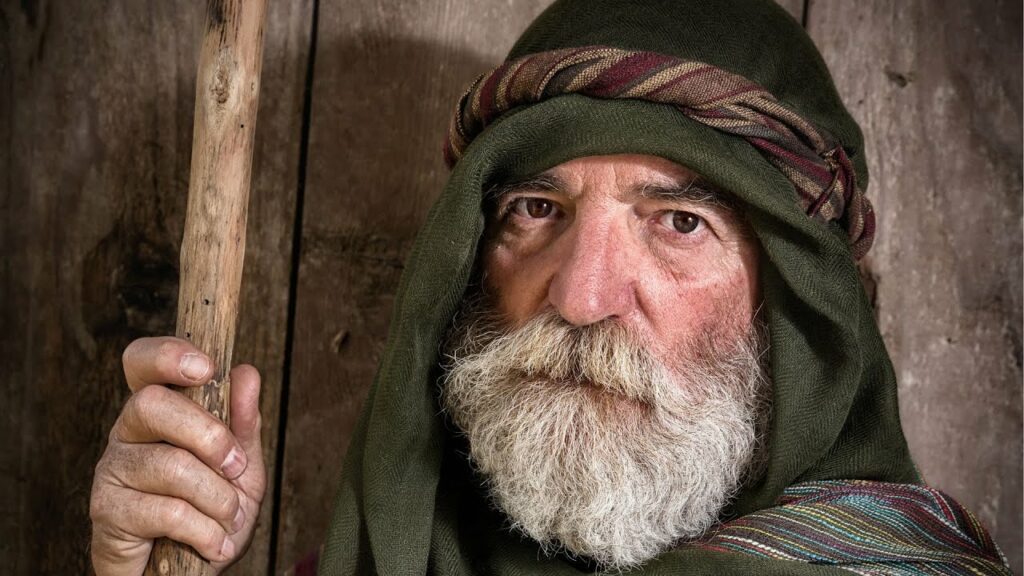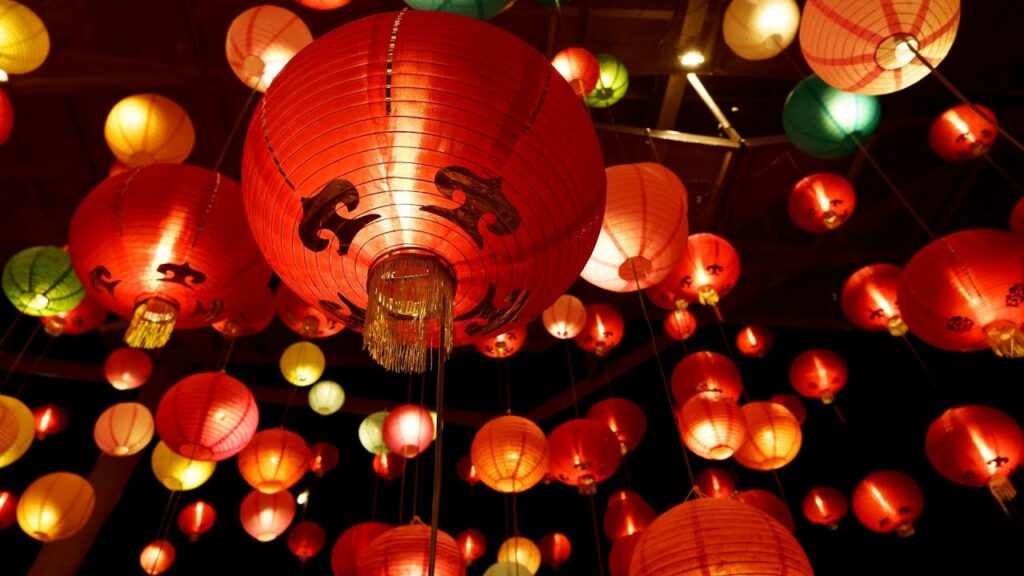Overview:
Pastor Vicky delves into the often-overlooked history of Black people in Hawaii, highlighting their significant contributions over more than 200 years. From practicing medicine and founding schools to advising Hawaiian royalty and owning businesses, Black individuals have played a crucial role in shaping Hawaiian society. The narrative underscores the spirit of aloha, where all people were respected, contrasting sharply with the contemporaneous reality of slavery in the continental United States. “Most people don’t know that Black people have been a significant part of Hawaiian history,” states Pastor Vicky, setting the stage for a fascinating exploration of this rich, yet underrepresented, historical tapestry.
Key Insights:
- Early Contributions and Maritime Influence:
The video starts by introducing Mr. Keakaeleele, nicknamed “Black Jack,” who was a maritime trader and skilled deckhand in 1795. He built a brick palace for King Kamehameha the Great, introducing Western architecture to the islands. By 1819, whaling ships began arriving in Hawaii, with as many as half of the sailors being Black. These individuals were not just crew members but also leaders, captains, pilots, and skilled navigators. By 1850, Black people represented 25% of foreign settlers in Hawaii. - Cultural Acceptance and Integration:
Native Hawaiians believed that the color black represented power, and darker skin was a marker for dignity, strength, and courage. This cultural belief led to the welcoming of Black people to the islands. In stark contrast to the legal slavery in the continental United States, Hawaii embraced a spirit of Aloha, where all people were respected. This inclusive environment encouraged many Black individuals to stay and thrive in Hawaii. - Community and Business Ventures:
Pastor Vicky highlights several prominent Black figures in Hawaiian history. In 1834, William the Baker owned a popular restaurant, and in 1826, Joe Dollar Bedford owned a popular boarding house for 20 years. William Johnson, in 1846, owned the Shrine of Adonis barbershop, where anyone of any race could receive a haircut. These businesses not only served the community but also symbolized the integration and acceptance of Black people in Hawaiian society. - Medical and Educational Contributions:
Anthony Allen, a former slave who became free, sailed to Hawaii in 1810. He was a medical doctor who founded a hospital to treat mariners and operated a boarding house, bowling alley, tavern, farm, ranch, and school. In 1823, Betsy Stockton, another former slave, arrived in Hawaii with a group of Christian missionaries. She established a school for Hawaiian people, teaching English, Latin, history, algebra, weaving, and sewing. - Civil Rights and Legal Advocacy:
In 1898, Thomas McCants Stewart arrived in Hawaii as a lawyer and civil rights leader. He helped draft the Organic Act of the Territory of Hawaii in protest of the overthrow of the Hawaiian monarchy by the United States. His daughter, Carlotta Stewart, became Hawaii’s first Black principal in 1924, continuing the legacy of advocacy and education. - Scientific and Cultural Contributions:
Scientist Alice Ball developed a revolutionary treatment for leprosy, easing the suffering of Hawaiians at Kalaupapa, a leprosy colony on the island of Molokai. In 1834, Black men formed a Royal Brass Band for the king, which became so popular that they toured California in the middle of slavery in the United States. Eleven years later, they became the Royal Hawaiian Band.
Conclusion:
The video paints a vivid picture of the profound impact Black people have had on Hawaiian history, from the early days of maritime trade to significant contributions in medicine, education, and civil rights. It challenges the viewer to reconsider the often narrow historical narratives and recognize the diverse and inclusive spirit that has long been a part of Hawaiian culture. The story of Black people in Hawaii is a testament to resilience, integration, and the enduring power of Aloha.



